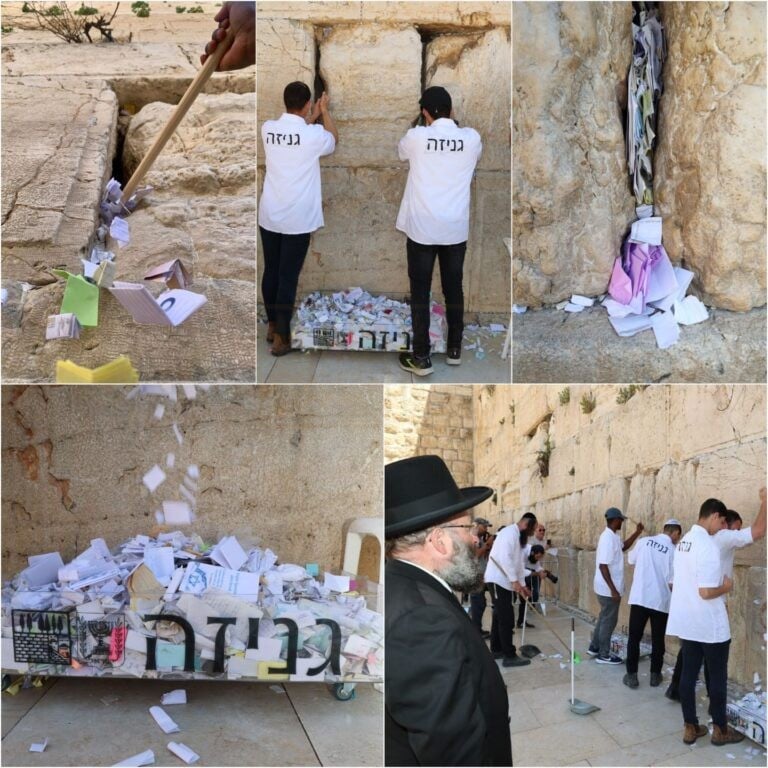Practically, these verses have been kept by the Jewish people for thousands of years through two commandments: tefillin and mezuza. This parasha is written among others on the scroll inside the tefillin (phylacteries) placed on the head and arm during prayer. It also appears alongside another section in the mezuza placed at the entrance of a Jewish home. The purpose of tefillin ? placed on the head near the brain and the arm near the heart ? is to act as a permanent reminder of the Jewish principles written within them. The purpose of the mezuza is similar ? to place at the entrance of every Jewish home the basic and important principles of Judaism. The mezuza is the ?identity marker? of every Jewish home.
But why is this considered one of the main principles of Judaism? What significance is there to the promise of punishment or reward? Furthermore, our sages have taught us that fulfilling the commandments because of a desire for reward or fear of punishment is not the proper motivation. A mature and wise person is expected to fulfill the commandments motivated by a belief in the righteousness of the deeds themselves and not as a means of attaining a reward or avoiding punishment. Thus, for example, Maimonides on his commentary on the Mishna (Tractate Sanhedrin, chapter 10) compares reward to positive reinforcement appropriate for a child who does not yet comprehend the inherent value of good deeds. In such a situation, a teacher promises a student a reward. The teacher ? the mature person in the story ? understands that the purpose of learning is not the reward that the student receives, and he hopes that the student will eventually grasp this himself at some point down the line. Maimonides explains that people are the same in that sometimes the concepts of reward and punishment are necessary to encourage the right behavior. But the expectation is that man will reach the stage at which he fulfils the commandments because he recognizes their religious and moral value and not because he expects a reward.
So then why is this section describing reward and punishment considered one of the principles of Judaism and written in the tefillin and mezuza?
The answer to this is in an additional verse said every morning and evening in Kriyat Shma and it sheds light on the entire section.
?in order that your days may increase and the days of your children, on the land which the Lord swore to your forefathers to give them, as the days of heaven above the earth.
(Ibid, Ibid 21)
If we ask what the purpose is of this parasha, the answer here is right here before us: We are to fulfill the commandments and receive the expected reward in our land. The verses are not meant to instruct us to fulfill the commandments in order to attain the reward, but to tell us that God wants to shower us with good things and therefore He teaches us how we can attain this promised reward.
The main message here is that God wants to provide us with economic and spiritual sustenance in our land. Therefore, he tells us what the conditions are to merit what He wants to give us.
He wants to bestow goodness upon us. We must be worthy of His gifts: welfare, abundance, and a joyful life.









